Publications
- General publications
- European Climate, Infrastructure and Environment Executive Agency
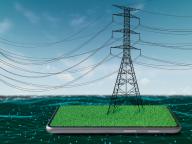
- General publications
- European Climate, Infrastructure and Environment Executive Agency
CESEC
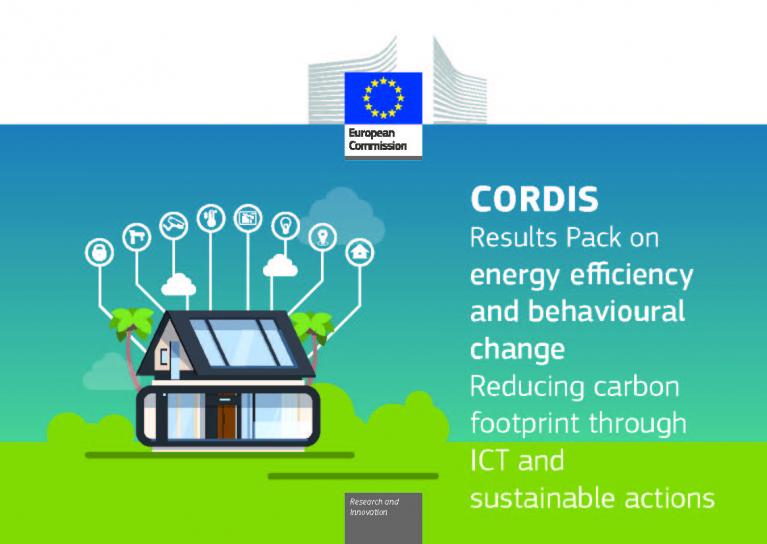
Reducing carbon footprint through ICT and sustainable actions
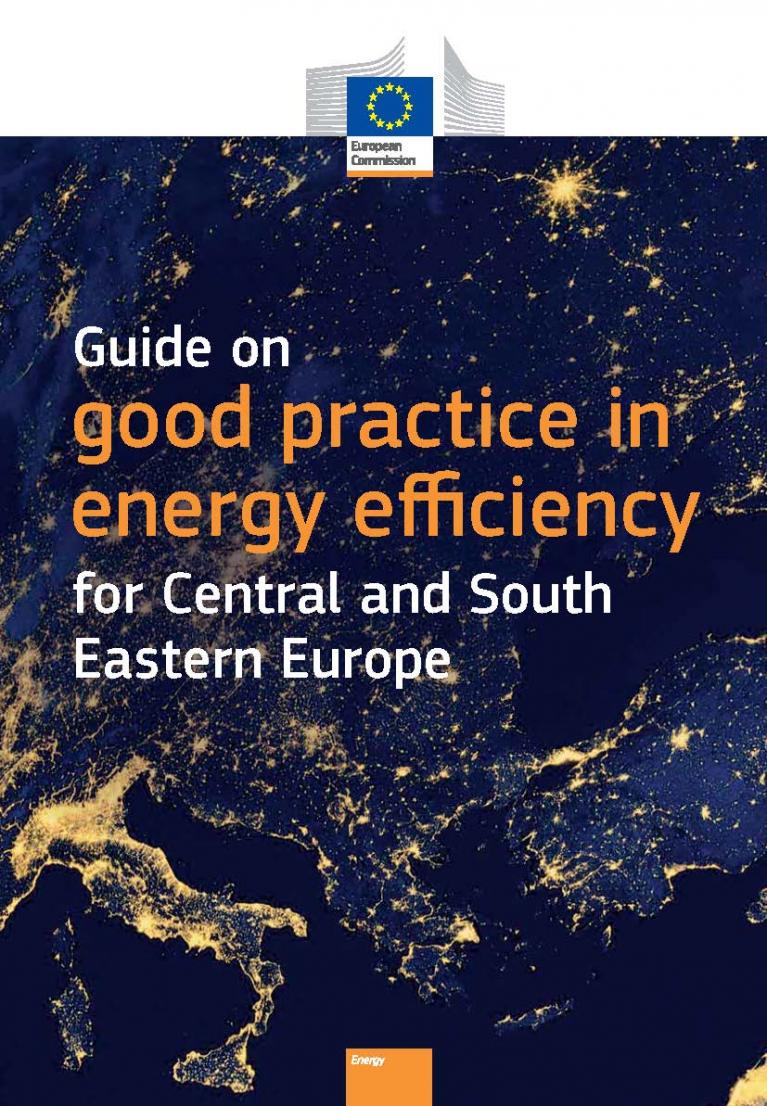
The Energy Union strategy underlines regional cooperation as an instrument to facilitate the implementation of EU energy efficiency and renewable targets, thus delivering secure, sustainable, competitive and affordable energy to consumers. The European Commission has an important role to play in facilitating regional cooperation so as to ensure that regional initiatives contribute to the Energy Union. However, although the Commission should provide the momentum to encourage EU Member States to engage, regional cooperation should be driven by the Member States.
Buildings

Through its BUILD UP Skills initiative, the EU aims to equip the next generation of construction sector workers – from on-site workers to design professionals and senior management – with the skills and knowledge needed to ensure building and renovation projects meet stringent energy-efficiency requirements. This updated CORDIS Results Pack presents EU-funded projects that have designed and implemented impressive upskilling programmes to turn this ambition into a viable reality across Europe.

The Energy efficient Buildings (E2B) Committee of the ECTP is pleased to introduce the eighth edition of the EeB PPP Project Review. This yearly publication presents the progress of a portfolio of 174 projects in total. 110 are co-funded within the EeB PPP under the 7th Framework Programme (FP7) from 2010 to 2013 and 64 co-funded projects under the Horizon 2020 programme between 2014 and 2018.
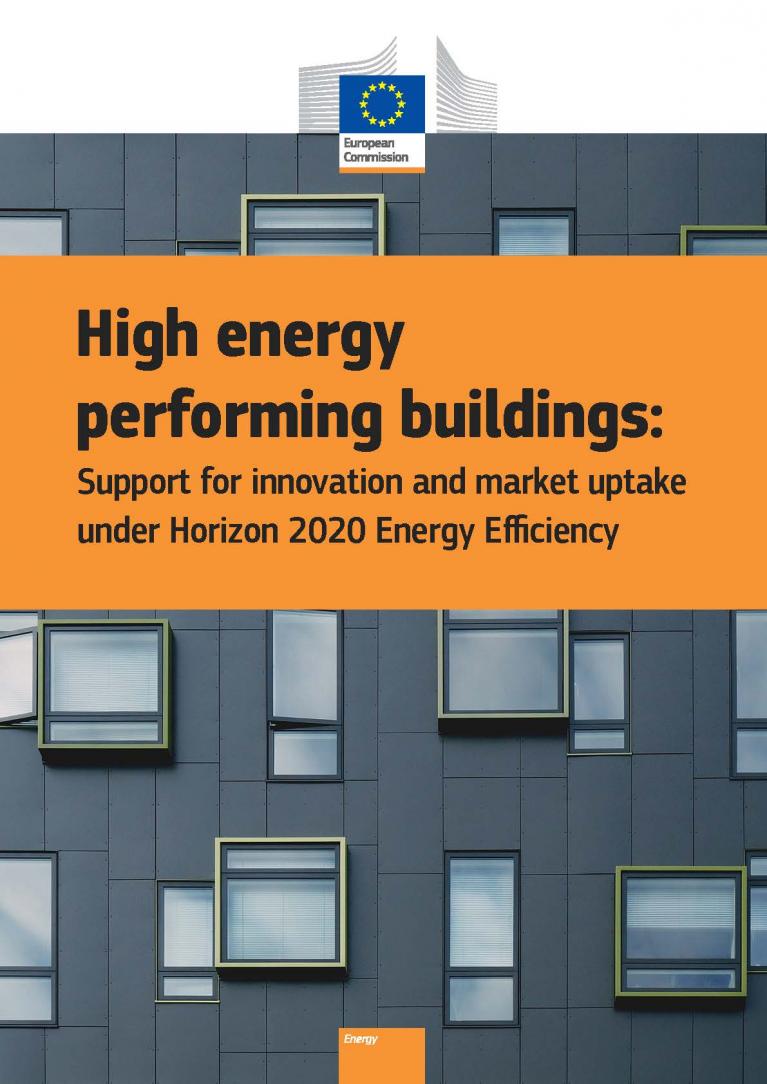
The EU’s buildings sector needs to develop and deploy more innovative solutions in order to enhance the building stock’s energy efficiency and help meet energy and climate policy targets. The European Union is therefore supporting projects that address design and construction processes as well as new technologies, with funding from the Horizon 2020 programme. The results developed by these projects address key challenges at each stage of the value chain for new nearly zero-energy buildings, deep renovation of existing buildings, and energy-smart buildings.
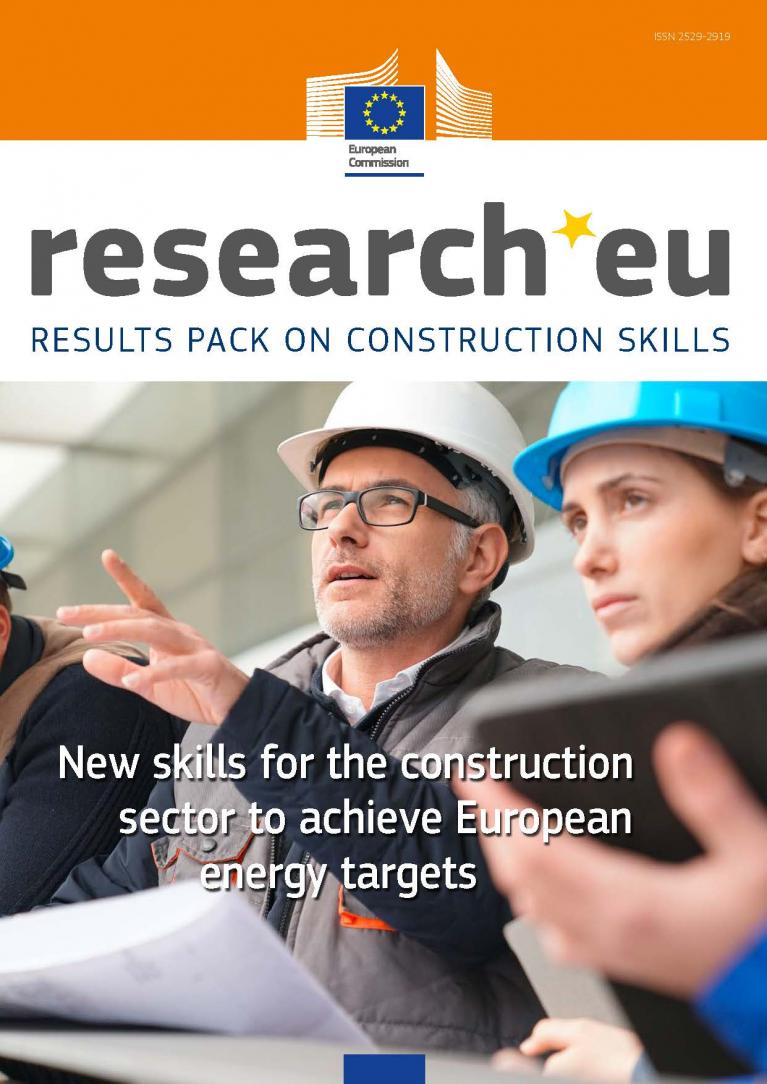
Through its BUILD UP Skills initiative, the EU aims to equip the next generation of construction sector workers – from manual labourers to design professionals and senior management – with the skills and knowledge needed to ensure building and renovation projects meet stringent energy efficiency requirements. This new CORDIS Results Pack presents some of the showcase EU-funded projects that have designed and implemented impressive upskilling programmes to turn this ambition into a viable reality across Europe.
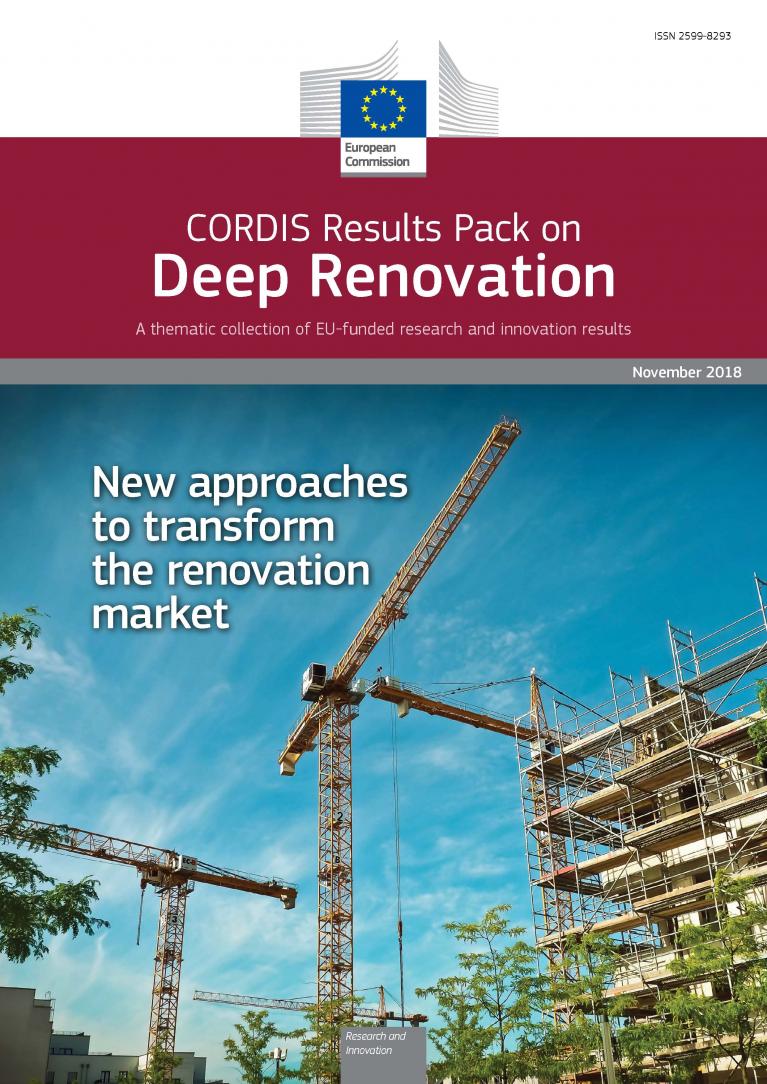
About 40 % of Europe’s energy demand is generated by the need to heat, light and cool buildings. As nearly half of all European residential buildings were constructed before 1970, retrofitting existing homes to increase energy efficiency is just as important as building new zero-energy homes. Several EU projects are testing new ways to make renovations faster, better, cheaper and more energy efficient.
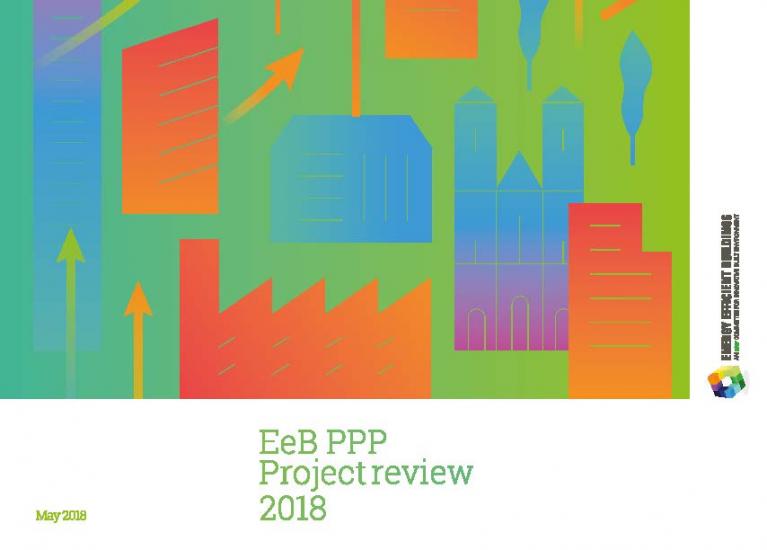
The Energy Efficient Buildings (E2B) Committee of the ECTP is pleased to introduce the seventh edition of the EeB PPP Project Review. This yearly publication presents the progress of a portfolio of 168 projects in total. 110 are co-funded within the EeB PPP under the 7th Framework Programme (FP7) from 2010 to 2013 and 58 co-funded projects under the Horizon 2020 programme between 2014 and 2017.
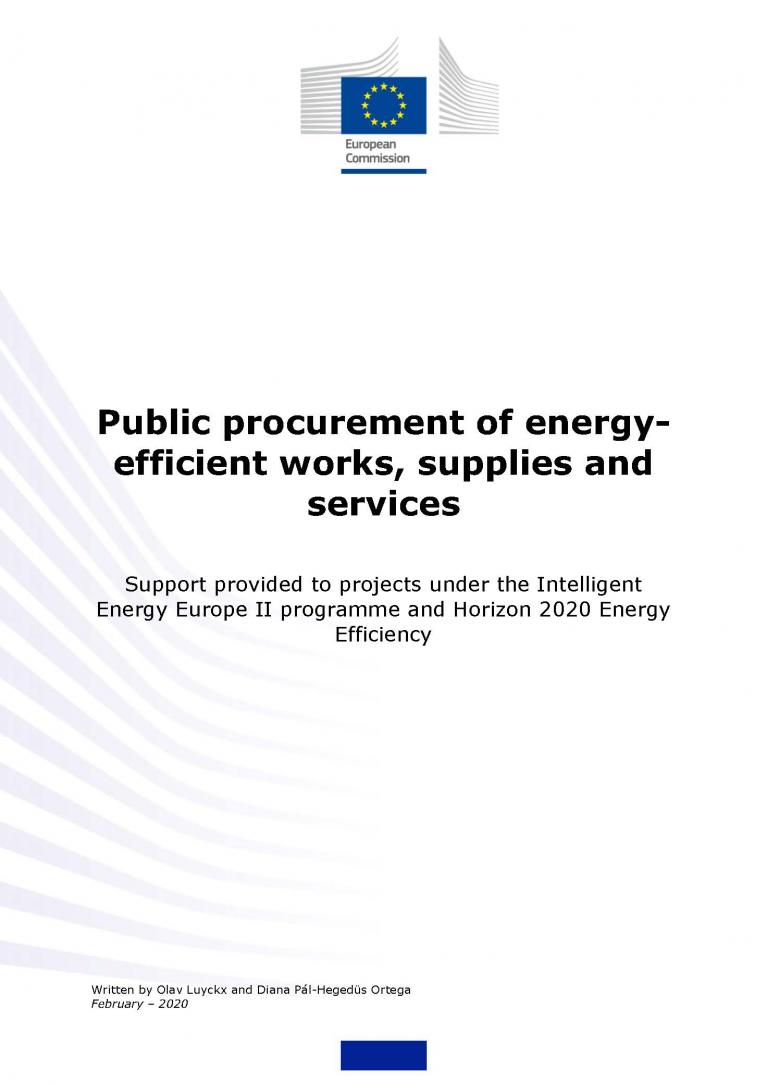
This report aims to provide an insight in the results achieved by projects supporting the uptake of public procurement of energy-efficient works, supplies and services, under the Intelligent Energy Europe II programme and the Horizon 2020 programme. This report is of interest to the European Commission's services, the direct beneficiaries of these projects, and stakeholders involved in energy-efficient public procurement such as the public authorities, public procurers, and suppliers, among many others.
Public Authorities
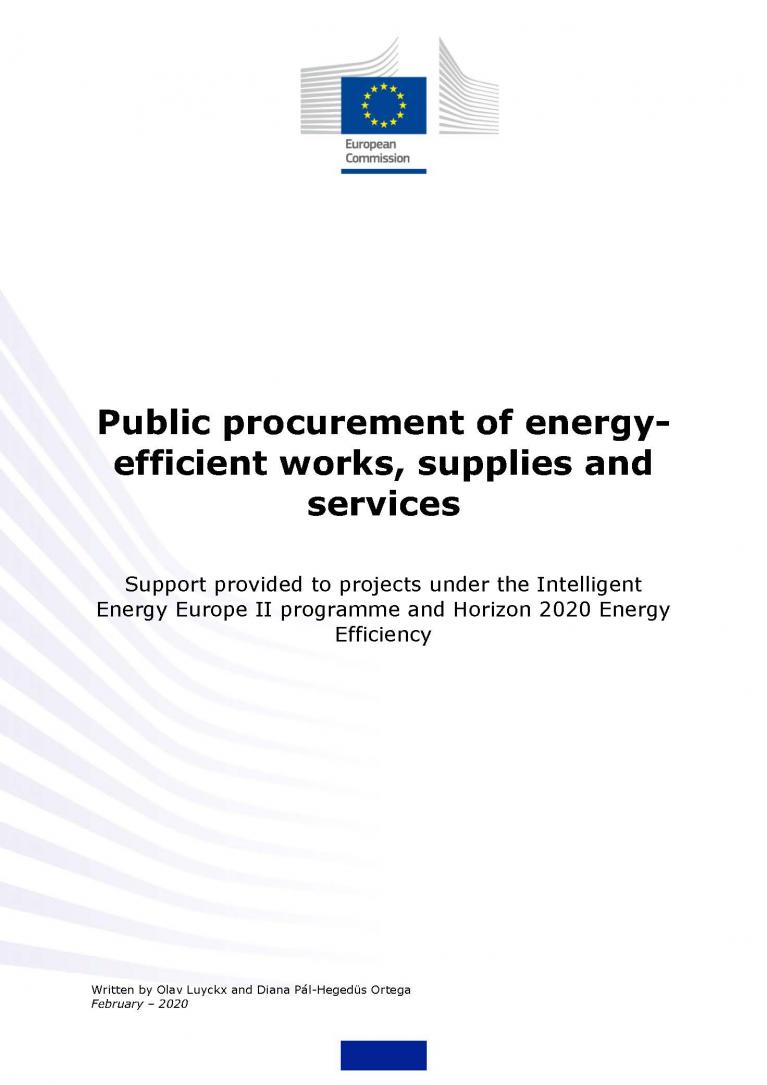
This report aims to provide an insight in the results achieved by projects supporting the uptake of public procurement of energy-efficient works, supplies and services, under the Intelligent Energy Europe II programme and the Horizon 2020 programme. This report is of interest to the European Commission's services, the direct beneficiaries of these projects, and stakeholders involved in energy-efficient public procurement such as the public authorities, public procurers, and suppliers, among many others
Heating & Cooling

Heating and cooling consume half of the EU’s energy and much of it is wasted. Horizon 2020 and Intelligent Energy Europe projects are supporting the new heating and cooling strategy of the European Commission by providing support to market uptake of energy efficient and renewable heating and cooling.
Industry

Clean technologies developed by Horizon 2020 funded projects for reducing the impact of energy intensive industrial processes are helping Europe to transform into a sustainable, competitive economy and address environmental and climate-related challenges. This Results Pack highlights eight cutting-edge EU projects that are supporting this transition.
Finance
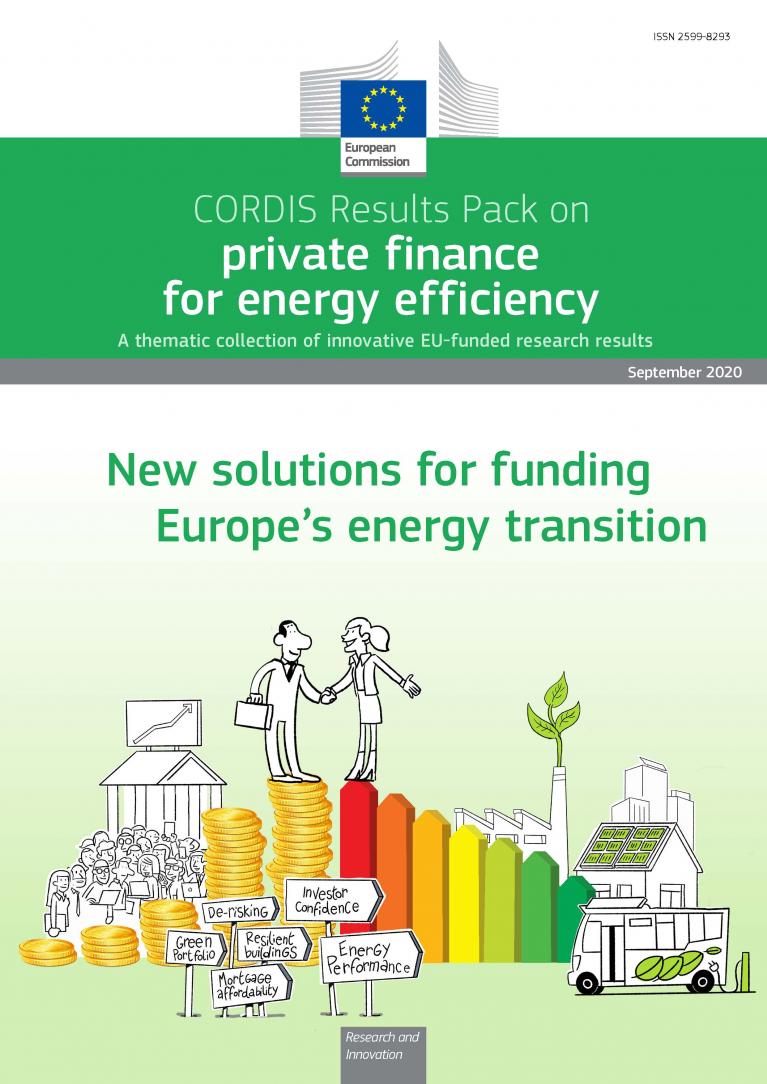
Making European societies and economies more energy-efficient will play a key role in allowing the EU to meet its climate ambitions, create growth and improve well-being, particularly to meet the goal of making the EU carbon-neutral by 2050. Whilst energy efficiency has not always been considered as an attractive investment by the financial sector in the past, this CORDIS Results Pack features 10 EU-funded projects that have set a new dynamic for accelerating and upscaling private financing of energy efficiency investments across the EU, as well as making such investments much more attractive to investors.
Research
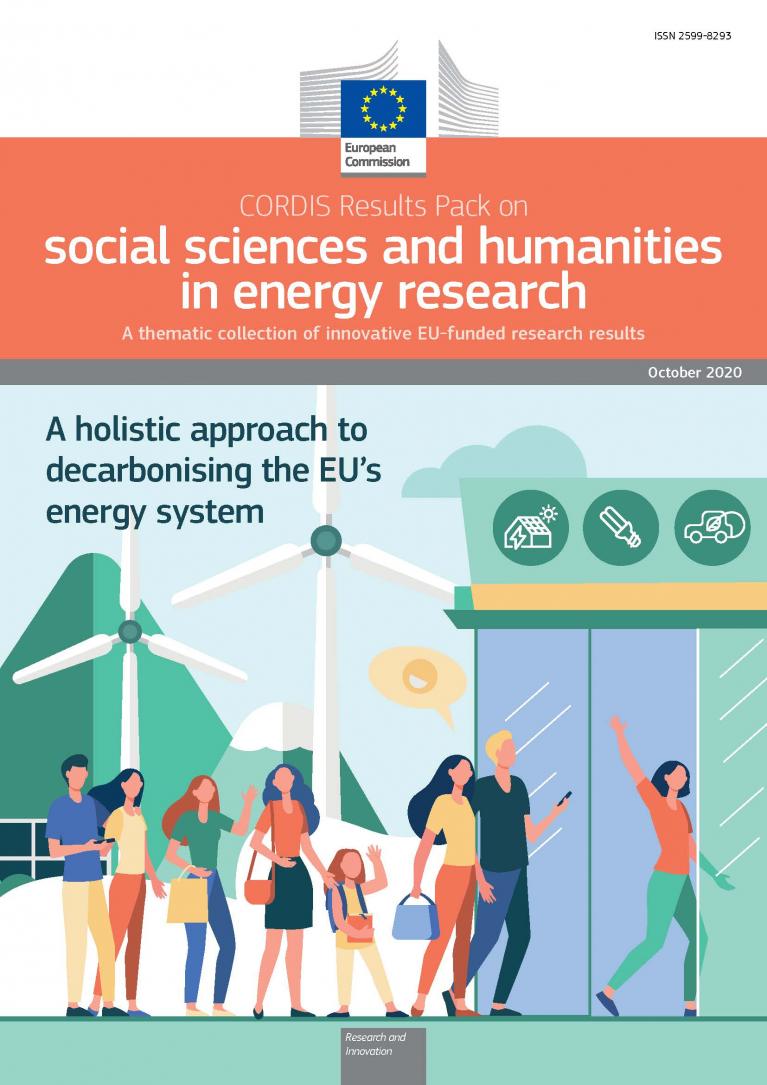
Innovation in clean energy technology is integral to achieving the EU’s ambitious goal of being carbon neutral by 2050. To be ultimately successful, the EU must take a holistic approach, accounting for social innovation and participation of all stakeholders in the energy transition. This includes engaging consumers, households and EU citizens to enable changes in lifestyles and behaviours, and initiating dialogues with decision-makers in politics, academia and industry. This Results Pack showcases nine EU-funded projects that focus on the social and political issues that need to be addressed to decarbonise the EU’s energy system.
